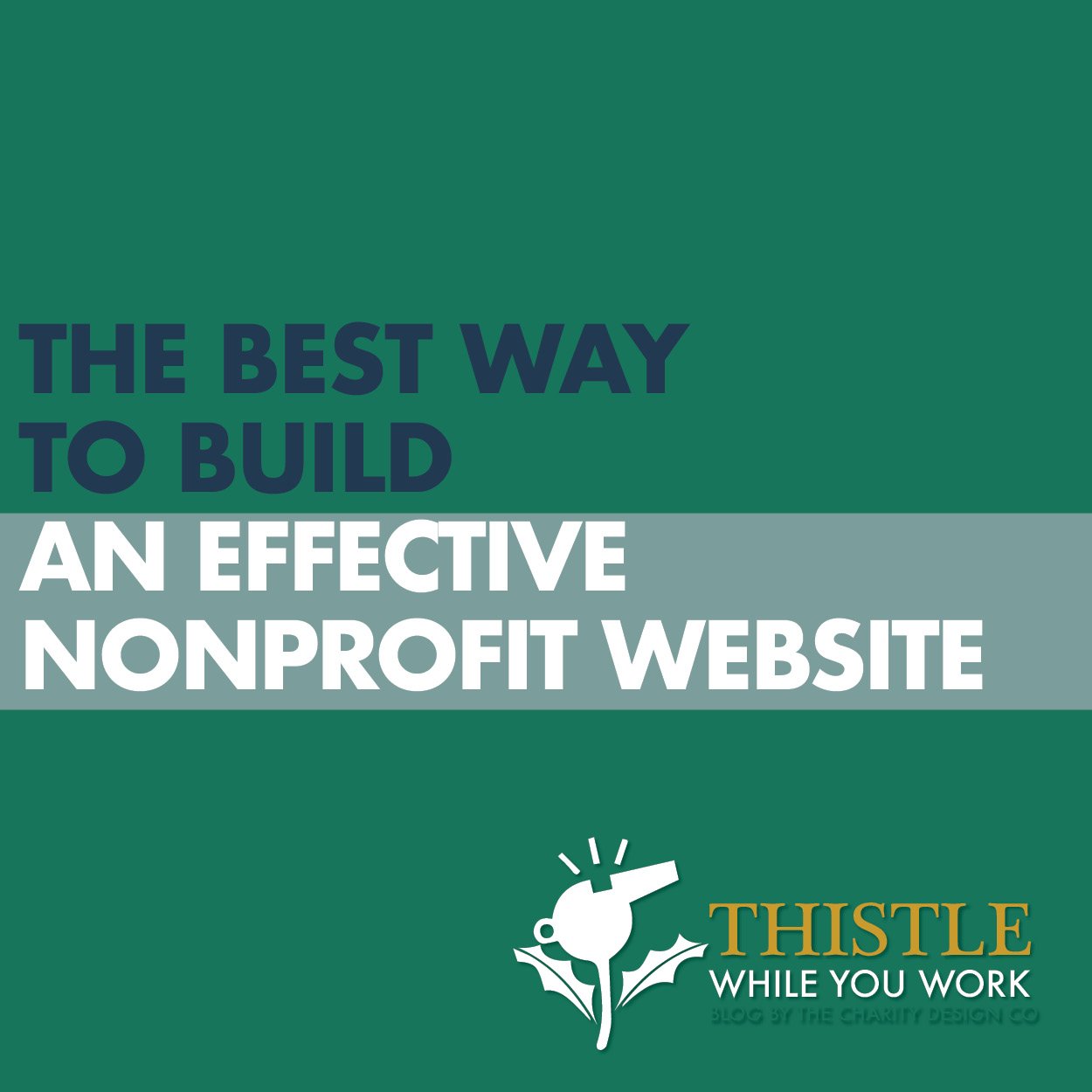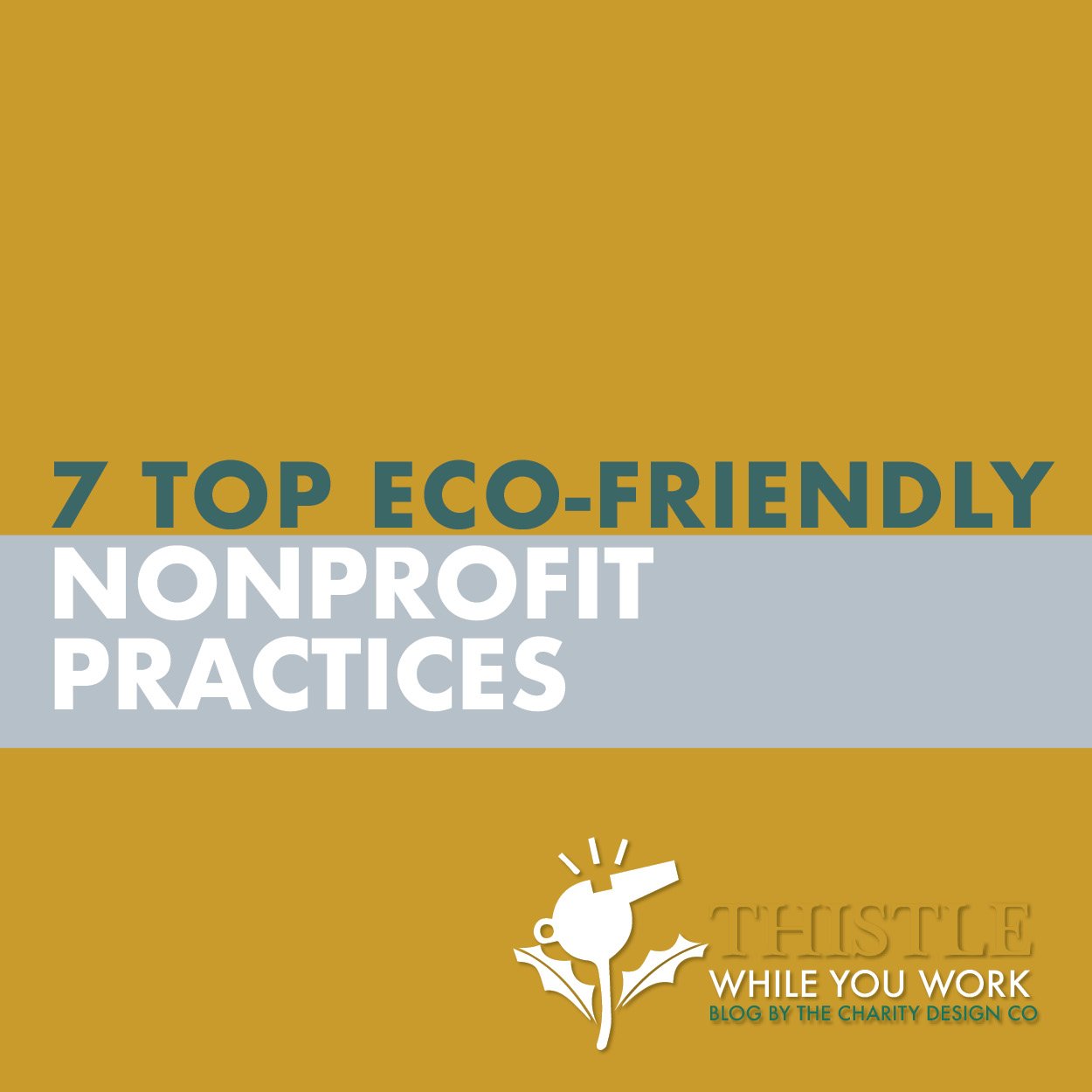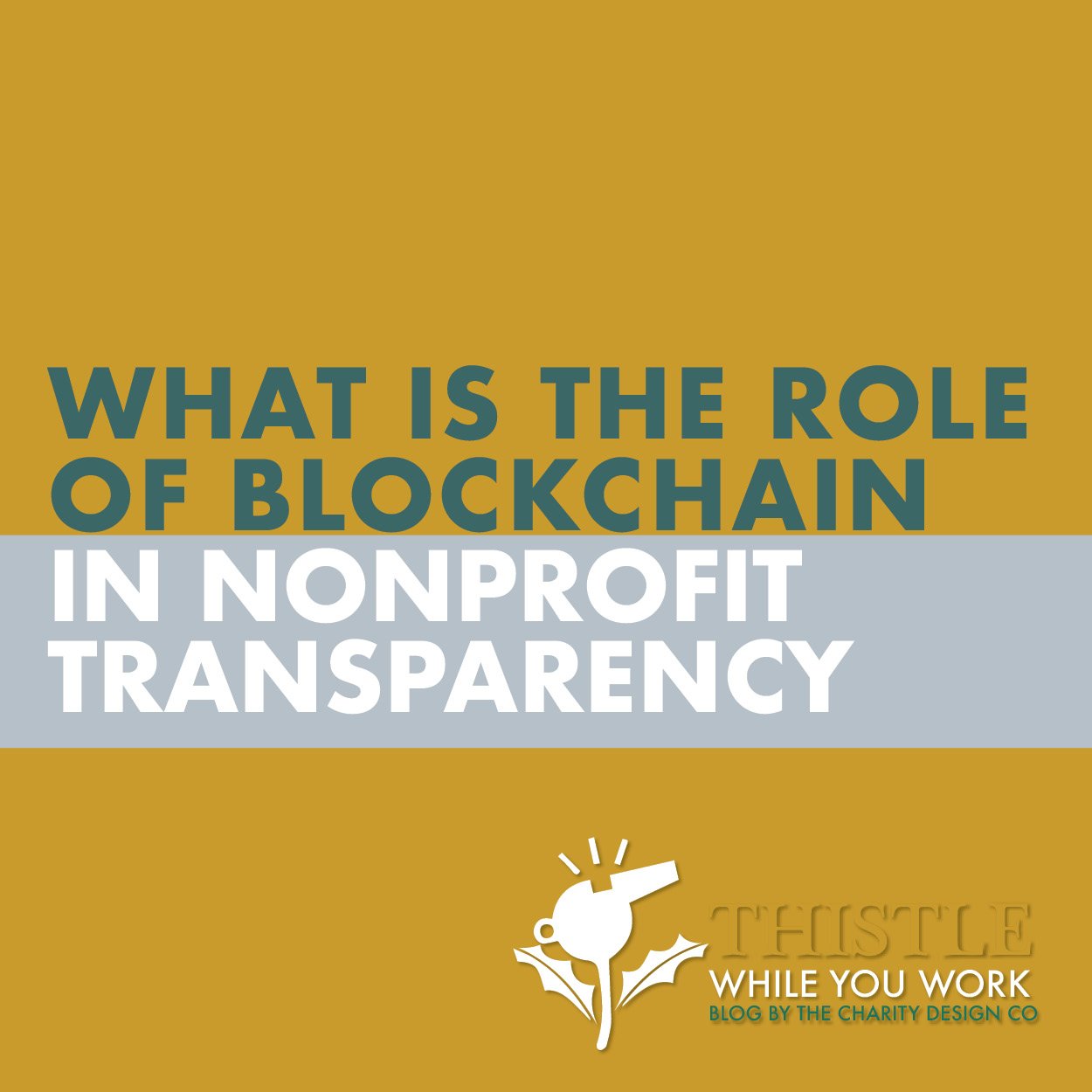NAVIGATING NONPROFIT REGULATIONS: COMPLIANCE AND GOVERNANCE MADE SIMPLE!
Nonprofit organizations play a vital role in society by addressing social, environmental, and community issues. Still, with all the good that you do, nonprofits are subject to strict regulations that ensure their operations are legal and ethical. The need for navigational clarity in the nonprofit sector is paramount and OVERWHELMING!
Let’s dive into insights of nonprofit regulations and best practices for compliance and governance, ensuring that your NPO can operate smoothly without any legal risks.
Understanding Nonprofit Regulations
The first step in navigating nonprofit regulations is to understand what they entail. Nonprofit organizations are exempt from federal income taxes as long as they meet specific criteria as defined by the Internal Revenue Service (IRS). In exchange, nonprofits must abide by strict guidelines governing their structure and activities. These guidelines include prohibitions on political activities, limitations on private inurement, and rules for how nonprofits maintain and report financial records. To avoid legal risks, nonprofit organizations must remain compliant with these regulations.
Best Practices for Nonprofit Compliance
Nonprofit compliance is not just about abiding by regulations; it also means keeping your organization accountable and transparent. By following best practices for nonprofit compliance, an organization can reduce compliance risks, build trust with stakeholders, and secure funding from donors. Some of these best practices include:
maintaining accurate financial records
filing annual reports with the IRS and state regulatory agencies
conducting regular board meetings
documenting any significant decisions and activities
By following these guidelines, a nonprofit organization can ensure that they remain in compliance with regulations while also maintaining an ethical and transparent operation.
Governance and Leadership for Nonprofits
Strong governance and leadership are essential components of a well-run nonprofit organization. Nonprofits must have a governing board that provides oversight and guidance to ensure that the organization is meeting its mission and adhering to regulations. A board member's role, therefore, is critical, and it comes with numerous responsibilities. Nonprofit boards must collaborate with staff in decision-making, oversee the organization's finances and fundraising activities, and ensure that there are adequate policies in place for risk management, conflicts of interest, and ethics. Moreover, nonprofit leaders must ensure that their staff is trained and knowledgeable on relevant regulations to maintain compliance and avoid legal risks.
CHECK OUT MY BLOGS ON BOARDS & GOVERNANCE HERE
Collaboration and Network Building for Nonprofits
Collaboration is an essential component of the nonprofit sector, and nonprofits often work together to achieve common goals. Building networks among nonprofits can strengthen the sector as a whole and promote better compliance and governance practices. Nonprofits can share resources and provide peer support to navigate changes in regulations, fundraising, and community engagement. Additionally, nonprofits can collaborate with other sectors, including businesses and government agencies, to create partnerships that advance their missions and promote social good.
Navigating nonprofit regulations can be challenging, but it's essential for nonprofits to operate legally and ethically. Nonprofits must remain compliant with relevant regulations while following best practices for transparency, accountability, and governance. By maintaining strong leadership, building networks and collaborating effectively with other sectors, nonprofits can thrive and achieve the best possible outcomes for the communities they serve. With the right tools and information, navigating nonprofit regulations can be made simple. Join the conversation about nonprofit regulations today and keep your nonprofit organization on the right track!








